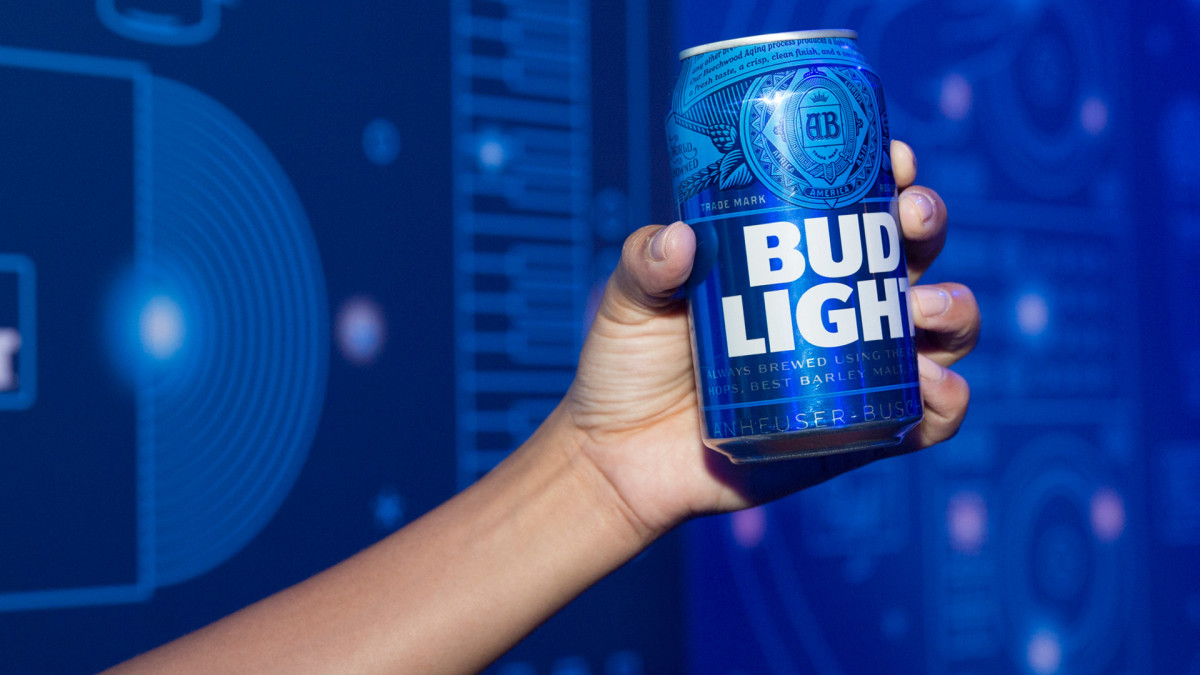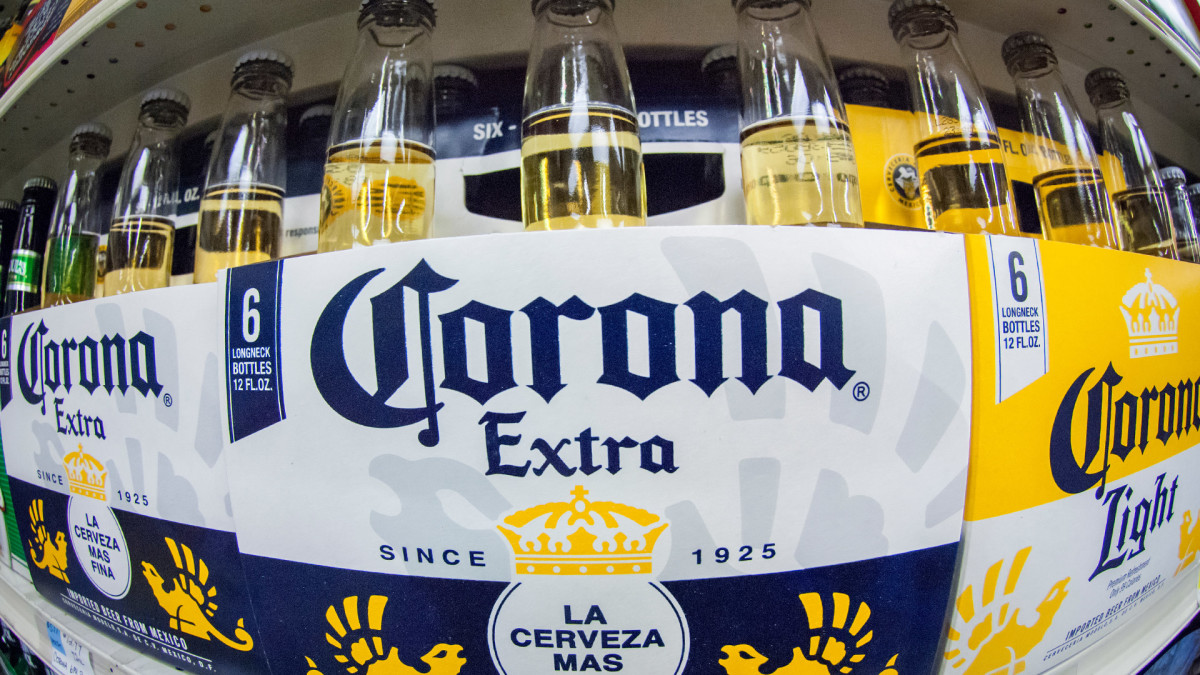
While its overall business has remained strong, Anheuser-Busch InBev keeps taking major hits in the U.S.
The company has not recovered from the boycotts called after its decision to partner with the transgender social-media influencer Dylan Mulvaney. The boycotts, kicked off by Kid Rock posting a social-media video in which he shot up cases of the beer, cost Bud Light about 25% of its sales.
The company has shown no signs that it's going to be able to bring that brand back to its former prominence.
Related: After a surprise shutdown, a popular retailer makes a big return
Anheuser-Busch InBev (BUD) saw revenue decline 9.5% in the fourth quarter while sales-to-wholesaler volume dropped 12.7%. During the company's fourth-quarter-earnings call, Chief Executive Michel Doukeris called those drops "primarily due to the volume decline of Bud Light."
Last year "was a challenging year for our business in the U.S.," he noted.
That's perhaps a bit of a soft sell, but Doukeris knows that talking about Bud Light during an earnings call (or at any other time) revives the news story, which essentially reminds aggrieved customers to boycott. He did say that any shelf space Bud Light has lost has generally been made up by Anheuser-Busch InBev's brands.
"What we lost is on Bud Light, and we've recovered across the portfolio with Michelob Ultra, Busch Light, Cutwater, Nutrl, Corona, Stella, all gaining share of shelf," he added.

Image source: Shutterstock
Anheuser-Busch InBev loses a court case
Anheuser-Busch InBev owns Grupo Modelo, but Constellation Brands (STZ) has rights to its popular Corona brand for beer in the U.S.
Constellation also has been selling Modelo and Corona-branded hard-seltzer beverages, which were the subject of a lawsuit by Anheuser-Busch InBev. In that suit, BUD alleged that Constellation did not have the rights to do that.
A 2023 court decision ruled in favor of Constellation Brands and that decision has been upheld by the U.S. Court of Appeals for the Second Circuit.
"AB InBev’s Mexican arm Grupo Modelo filed the lawsuit against Constellation accusing the company of violating a brand-licensing agreement when it launched Corona Hard Seltzer," FoodDive reported.
"The lawsuit said the agreement only allowed Constellation to use Corona in the U.S. for beer. (AB InBev owns the rights to Corona in Mexico and the rest of the world.) Constellation countered that the licensing deal allowed it to sell other alcoholic drinks."
Essentially, the court ruled that the agreement between the two companies did allow Constellation to sell products including Modelo Ranch Water and Corona Hard Seltzer in the U.S.
At the heart of the matter was what actually constitutes beer. The appeals court said that both companies had plausible definitions and Constellation's definition allowed the company to produce Corona Hard Seltzer and Modelo Ranch Water.
Anheuser-Busch InBev continues to take issue with that definition.
“When Grupo Modelo provided Constellation with a license to sell those beer brands in the U.S., Grupo Modelo never agreed that Constellation had the right to use our iconic Corona and Modelo brands for sugar-based seltzers that are clearly not Mexican cervezas,” a company spokesperson told BrewBound.
Anheuser-Busch InBev sees growth for beer
While it faces some headwinds in the U.S., Anheuser-Busch InBev remains confident that its beer brands will drive growth.
"And looking ahead, beer is projected to continue this strength," Doukeris said. "Led by the strong performance of our global megabrands, our revenues continue to grow this year, reaching a new all-time high for a company of $59.4 billion.
"We continue to invest in our category-expansion levers and megabrands, building meaningful connections with our consumers."
For Bud Light, that has meant avoiding doing anything even vaguely controversial and leaning into its traditional marketing and advertising strategies.
"We expanded our longstand partnership with Folds of Honor, including bringing the NFL and Bud Light together to also support first responders," the executive said.
"We continue to invest in our megabrands and mega platforms, such as sports and music that all consumers love including the NFL, NBA, Lollapalooza, as well as new investments with the VMAs, UFC, Copa America and Team USA for the Olympic and Paralympic Games."
AB finished Friday at $60.78 in New York, down slightly on the day but up 0.7% for March. It was down 5.9% for the first quarter after rising 1.3% in all of 2023.







